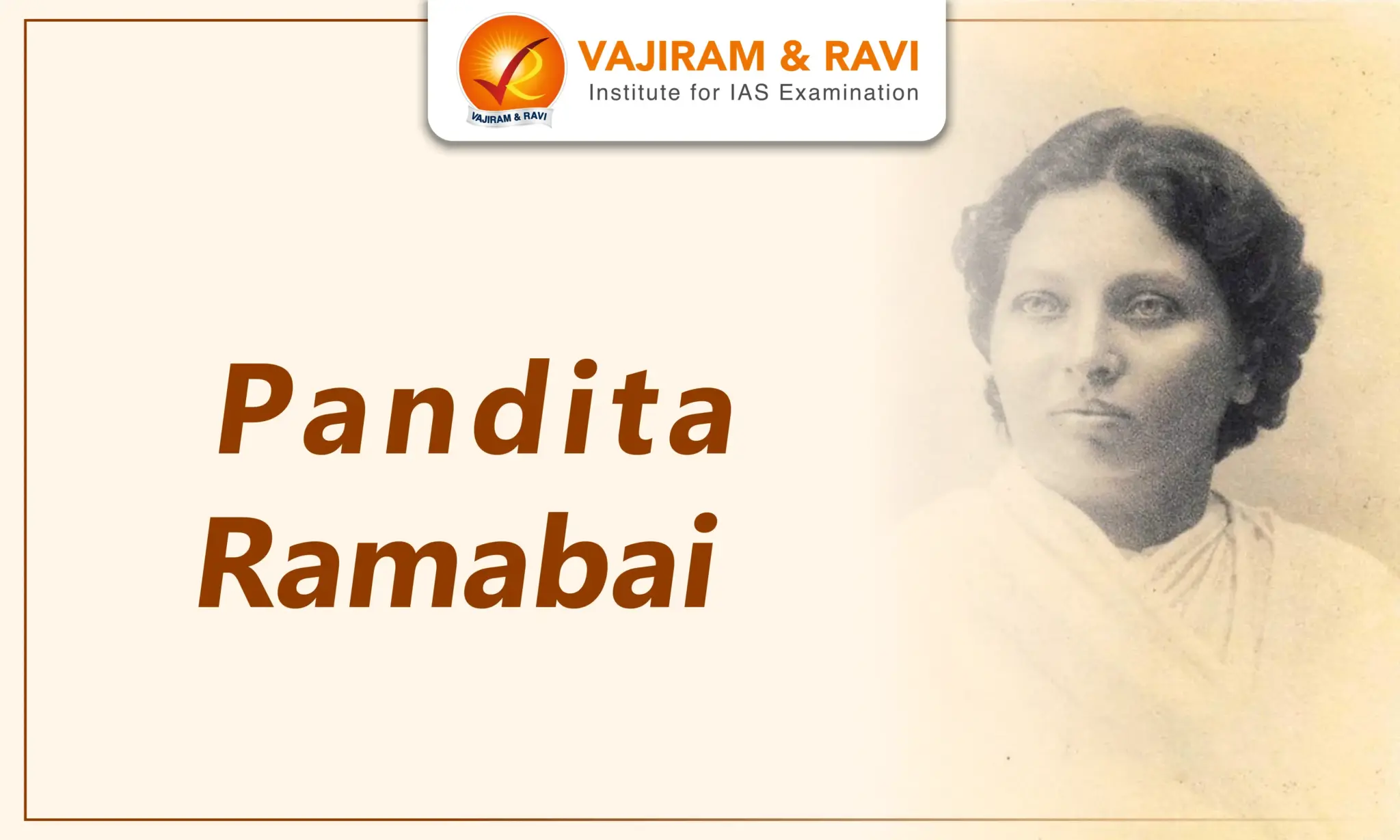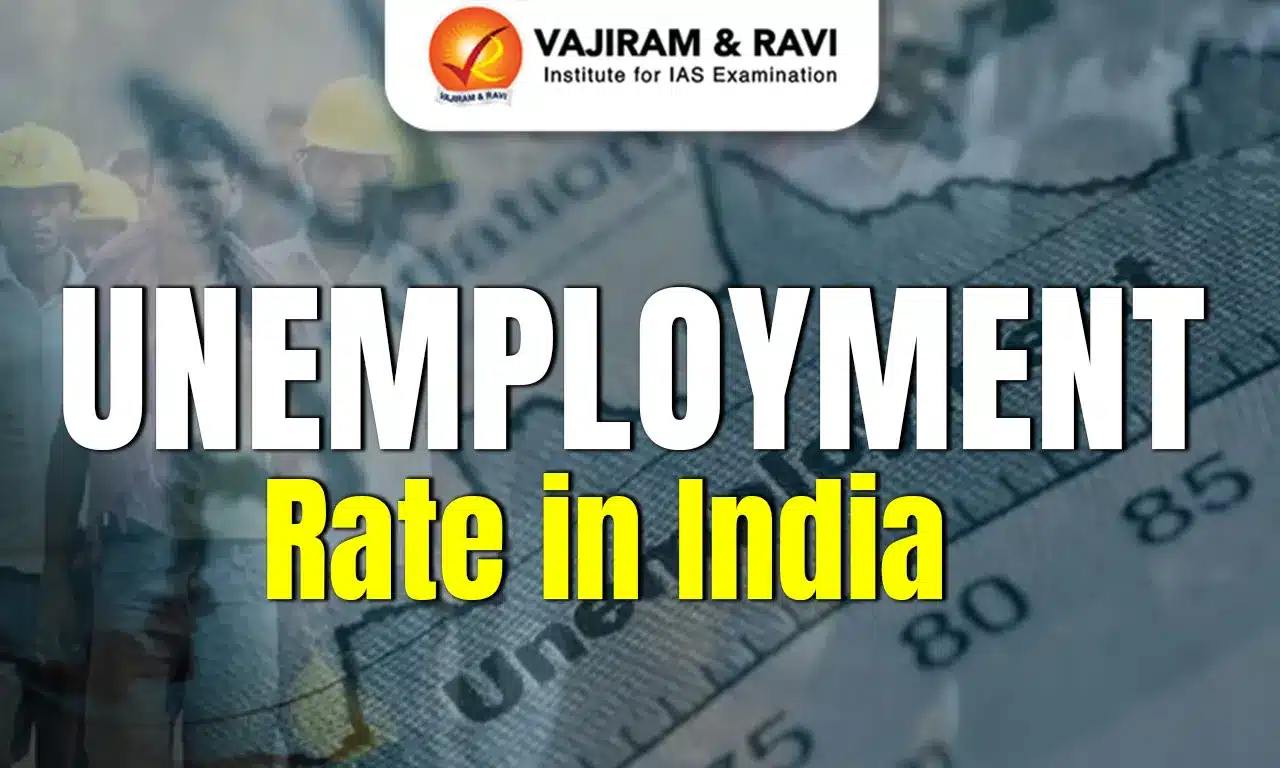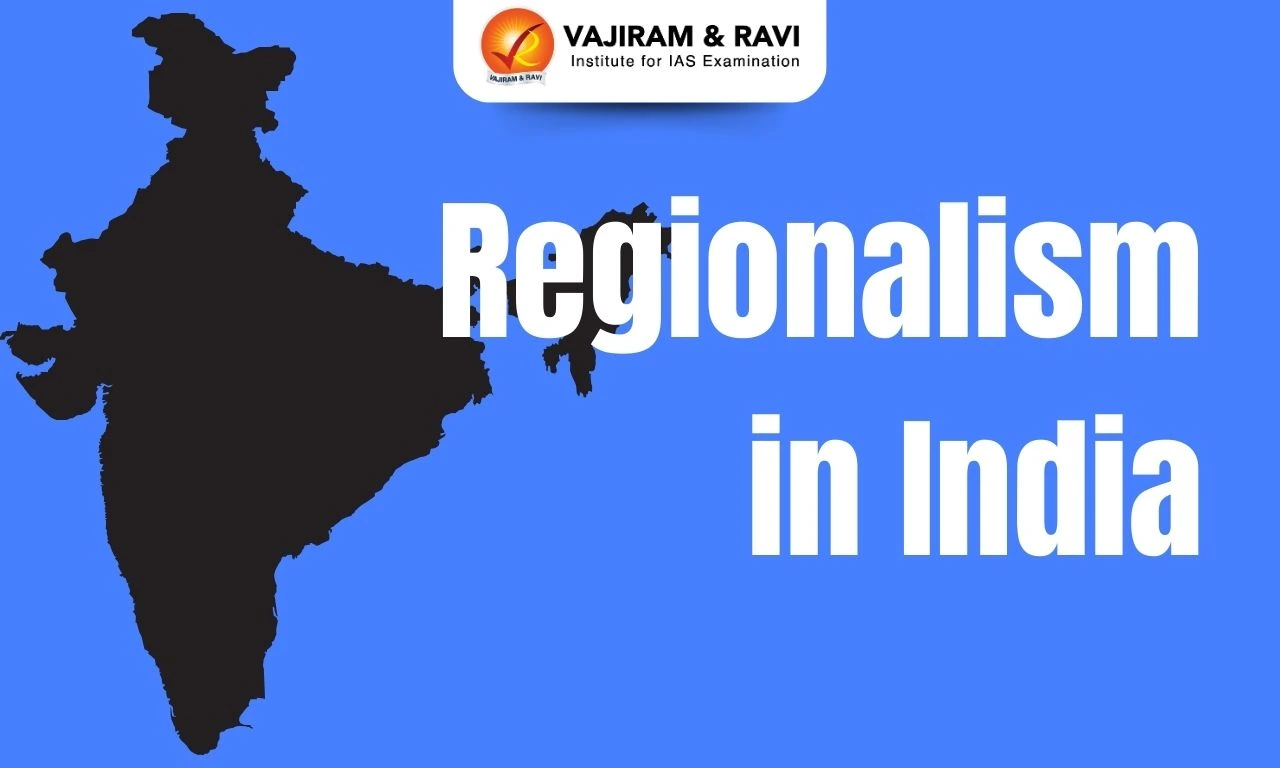Pandita Ramabai is celebrated as a pioneering social reformer, women’s rights activist, and educationist in India. Her contributions to women’s education and social reforms, particularly regarding the emancipation of women, remain monumental.
Pandita Ramabai defied the socio-cultural norms of her time and dedicated her life to improving the conditions of women, especially widows. Ramabai left a profound legacy through social reforms, activism, and writings.
Pandita Ramabai
Pandita Ramabai was born as Rama Dongre, on April 23, 1858, in a Brahmin family in Karnataka. Her father, Anant Shastri Dongre, was a Sanskrit scholar who believed in women’s education. He educated Ramabai and her mother in Sanskrit and classical texts, an unusual practice for the time. By the age of 12, Ramabai was already proficient in Sanskrit.
Early Life and Education
Pandita Ramabai’s family faced hardship after the 1877 famine, leading to the deaths of her parents and siblings. She travelled extensively with her brother, which expanded her worldview. Later she went to Britain to pursue a medical degree, which she could not complete due to her battle against deafness. During her stay in Britain, she got converted to Christianity, due to her disillusionment with orthodoxical Hinduism.
Sanskrit Scholarship
In a male-dominated academic world, Pandita Ramabai broke social barriers by mastering classical Sanskrit texts, which traditionally excluded women. Social reformer Keshab Chandra Sen gave her a copy of the Vedas and encouraged her to read them.
- Ramabai eventually settled in Kolkata, where her knowledge of Sanskrit earned her the title of “Pandita” (scholar) and “Sarasvati” by Calcutta University.
- Ramabai’s understanding of religious Sanskrit scriptures also laid the foundation for her critique of patriarchy and her advocacy for gender equality.
Pandita Ramabai Contribution
Pandita Ramabai was a pioneering advocate for women’s education and social reform in 19th-century India. Through the establishment of institutions like the Arya Mahila Samaj and the Sharada Sadan, Ramabai championed education for women, including child widows. Her efforts extended beyond education to address broader social issues, such as child marriage, widowhood, and the rigid caste system.
Women’s Education
Pandita Ramabai relentlessly advocated for women’s education. She believed that education was the key to empowering women and freeing them from the oppressive traditions that kept them subjugated. To further her goal, she established many institutions for women’s welfare and travelled across India giving lectures on women’s rights.
- Arya Mahila Samaj: In 1882, Ramabai founded the Arya Mahila Samaj in Pune. The Arya Mahila Samaj was instrumental in organizing efforts to uplift women, advocating for education, and challenging regressive practices like child marriage. It encouraged women to learn, engage in public life, and seek independence.
- Sharada Sadan: In 1889, Pandita Ramabai established the Sharada Sadan,which was a residential school for child widows. This institution offered not only academic education but also vocational training, enabling women to gain economic independence.
- Medical Education: Before the English Education Commission, she begged for changes to the curriculum for Indian women’s education. This led to the establishment of Lady Dufferin College as the first institution for Indian women to get medical education.
Social Reform
Pandita Ramabai strongly opposed the prevailing socio-cultural norms and orthodoxies of her time and advocated for socio-religious reforms, especially concerning women’s rights and the upliftment of marginalized communities. Her work extended beyond education to addressing issues such as child marriage, widowhood, and the rigid caste system.
- Ramabai established the Mukti Mission in 1889, which provided shelter and care for widows, orphans, and those suffering from social ostracism.
- The Mukti Mission not only provided refuge but also empowered these women through vocational training, helping them rebuild their lives.
Pandita Ramabai Literature
Pandita Ramabai was a prolific writer, whose writings played a crucial role in advocating for women’s rights and challenging entrenched social norms. Through her literary works, Ramabai addressed issues like the oppressive conditions faced by high-caste women, widowhood, and the lack of education for women. Her major writings include:
- Stree Dharma-Neeti (1882): Through this book, Pandita Ramabai discusses the duties and moral obligations of women in India.
- The High-Caste Hindu Woman (1887): In this book, Ramabai provides a critique of the darkest aspects of the life of a Hindu woman, including child marriage and child widows, and seeks to expose the oppression of women in Hindu-dominated British India.
- She called widowhood “the worst and most dreaded period of a high-caste woman’s life.”
Pandita Ramabai also emphasized the importance of women learning to read and write in their languages. She translated several Sanskrit religious texts and other educational materials into Marathi and Hindi to make them accessible to women.
Pandita Ramabai Legacy
Pandita Ramabai’s legacy as a social reformer and educationist is enduring. She was one of the earliest advocates for women’s rights in India, long before the women’s rights movement gained momentum globally. Her work in widow rehabilitation, women’s education, and social reform continues to inspire generations of activists. Today, the Mukti Mission still operates, which is a testament to her tireless efforts to empower women.
Last updated on April, 2025
→ UPSC Notification 2025 was released on 22nd January 2025.
→ UPSC Calendar 2026 is released on 15th May, 2025.
→ The UPSC Vacancy 2025 were released 1129, out of which 979 were for UPSC CSE and remaining 150 are for UPSC IFoS.
→ UPSC Admit Card 2025 is released now for CSE Prelims Exam 2025.
→ The UPSC Prelims 2025 is scheduled to be conducted on 25th May 2025 and UPSC Mains 2025 will be conducted on 22nd August 2025.
→ Apply once through it and aspirants can apply for various government exams conducted by UPSC.
→ The UPSC Selection Process is of 3 stages-Prelims, Mains and Interview.
→ UPSC Result 2024 is released with latest UPSC Marksheet 2024. Check Now!
→ UPSC Toppers List 2024 is released now. Shakti Dubey is UPSC AIR 1 2024 Topper.
→ Also check Best IAS Coaching in Delhi
Pandita Ramabai FAQs
Q1. What organizations did Pandita Ramabai set up?+
Q2. What was the title given to Pandita Ramabai?+
Q3. What were the principles of Pandita Ramabai?+
Q4. Why did Pandita Ramabai founded Arya Mahila Samaj?+
Q5. What is the Mukti Mission of Pandita Ramabai?+
Tags: pandita ramabai quest

















